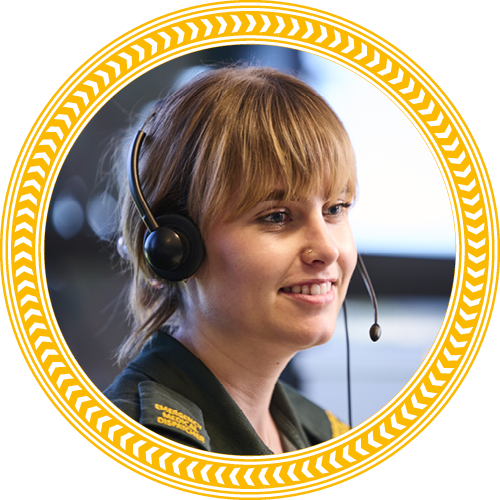When you dial 111, your call is answered by a trained professional who will ask some questions about the patient’s condition. This process, called ‘triage,’ helps determine the best course of action to get the person the care they need as quickly and effectively as possible. In some cases, this does not mean sending an ambulance right away.

The role of the Clinical Hub
In some situations, sending an ambulance may not be the most appropriate response. Instead, you might get a call back from a paramedic or a nurse at our Clinical Hub. During this call, they will ask more detailed questions to better understand what's going on. Based on that information, they may offer advice over the phone, refer you to another healthcare service, or arrange for an ambulance if needed.
This approach ensures that you receive the right care at the right time, based on your specific needs, and supports our commitment to providing the best possible service to patients and the community.